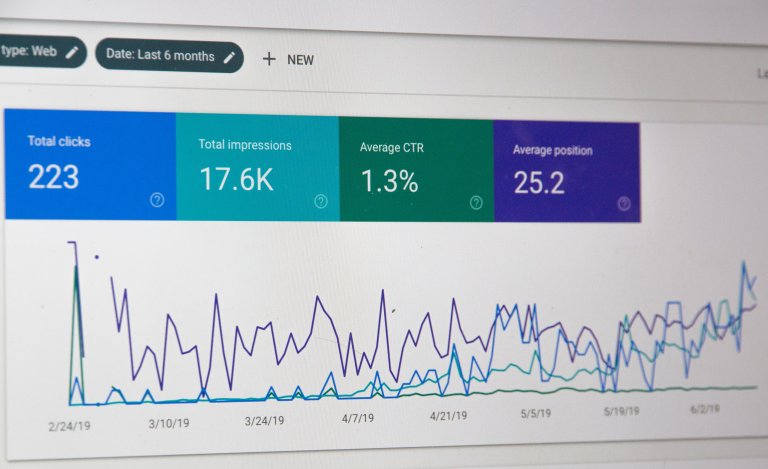DSA Finance for Students
For students with physical or learning disabilities, managing finances can be an additional challenge on top of their studies. The Disability Support Allowance (DSA) is a government fund that aims to assist students with disabilities in their educational pursuits. In this article, we will discuss the various aspects of DSA finance for students and how it can help them achieve their academic goals.
What is DSA finance?
The Disability Support Allowance is a non-repayable fund available for students in the UK who have a disability, long-term health condition, or mental health condition that affects their ability to study. DSA finance is intended to cover the additional costs that students with disabilities may face while pursuing higher education.
The amount of DSA finance granted to each student may vary based on individual needs. It is not income-assessed, and students can apply regardless of their household income. The fund does not affect any other benefits or allowances that the student may receive.
Who is eligible for DSA finance?
To be eligible for DSA finance, a student must be enrolled in a full-time or part-time course in an approved institution in the UK. They must also have a disability, long-term health condition, or mental health condition that affects their ability to study. This includes students with physical disabilities, sensory impairments, mental health conditions, and specific learning difficulties such as dyslexia and dyspraxia.
The DSA application process requires students to provide evidence of their disability or health condition, which may include a doctor’s report or a diagnostic assessment. The types of evidence needed may vary depending on the nature of the disability.
What does DSA finance cover?
DSA finance covers the additional costs that students with disabilities may face while pursuing higher education. This may include expenses related to their disability, such as specialized equipment, non-medical helpers, or travel costs.
Examples of DSA-approved equipment include assistive technology, ergonomic furniture, and specialist software. Non-medical helpers may include note-takers, study skills tutors, and interpreters. Some students may also receive a DSA allowance for travel expenses to and from their educational institution.
DSA finance does not cover tuition fees or living costs. Students can apply for other forms of financial assistance, such as Disabled Students’ Allowance and Student Finance England, to cover these expenses.
How to apply for DSA finance?
The process of applying for DSA finance varies depending on the course and educational institution. Students can usually start the application process through their institution’s disability support service. These services can provide guidance on the application process and offer support in gathering the necessary evidence.
Once the application is submitted, it can take up to 14 weeks for a decision to be made. Students will then receive a letter outlining the amount of DSA finance they are granted and how it will be paid. DSA finance is usually paid directly to the supplier of the equipment or service, rather than to the student.
What happens after DSA finance is granted?
After DSA finance is granted, the student must attend a Study Needs Assessment. This is a meeting with a specialist assessor who will discuss their disability and the impact it may have on their studies. The assessor will then make recommendations for DSA-approved equipment or services that can support the student in their studies.
The student can then purchase or arrange for the approved support. They are responsible for managing the budget and ensuring that the DSA finance is used for its intended purpose. Any unused funds will not be carried over to the following academic year.
Renewing DSA finance
DSA finance is granted for each academic year, and students must reapply for it before the start of each academic year. However, students do not have to go through the full application process each time. They only need to provide updated evidence of their disability or health condition and any changes in their support needs.
If a student changes their course or educational institution, they must notify their Disability Support Allowance Assessment Centre to avoid any delays in receiving their funding.
In conclusion
DSA finance is an essential resource for students with disabilities, allowing them to access additional support to help them succeed in their studies. It covers the extra costs related to their disability, such as equipment, services, and travel expenses. By providing this financial support, DSA finance empowers students with disabilities to pursue their academic goals and achieve success in their chosen fields.

